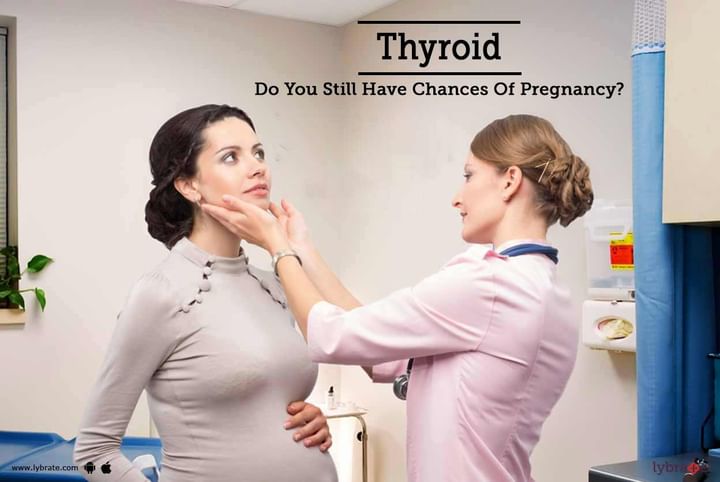Thyroid - Do You Still Have Chances Of Pregnancy?
Thyroid is a small, ‘butterfly shaped’ gland, situated just below the larynx (voice box) in the lower part of the neck, just above the collar bones.
What Is The Function Of Thyroid Gland?
The purpose of the thyroid gland is to take iodine from foods that we consume and convert them into thyroid hormones: thyroxine (T4) and triiodothyronine (T3).
T4 and T3 are responsible for the metabolism of every cell, proper growth, development and repair of the body. It is important for the development of the central nervous system, regulation of blood calcium levels, energy production, fat metabolism, oxygen utilization, and weight maintenance.
Causes
- Exposure to environmental toxins – electromagnetic radiation, chemicals, pesticides, heavy metals
- Genetic susceptibility
- High levels of stress
- Nutritional deficiencies
- Autoimmune disorders
- Infections
- Other hormone imbalances, e.g. estrogen, prolactin imbalance
How Does Thyroid Influence Fertility Potential?
Thyroid problems can interrupt the complex process of the menstrual cycle and can result in an irregular menstrual cycle. This, in turn, results in failure of fertilization of an egg by the sperm and thus, failure in conception.
- Anovulatory cycles: This means that you are not ovulating i.e. not releasing an egg. Luteinizing Hormone (LH) is responsible for the release of an egg from the ovary. If thyroid hormone levels are imbalanced, they cannot support LH to do this. If no egg is released this makes pregnancy impossible.
- Luteal Phase Problems: It takes around 13-15 days to nurture a fertilized egg. If the second half of your menstrual cycle (luteal phase) is very short due to poor LH response and subsequent insufficient progesterone production (T3 required for progesterone release from the luteal cells), a fertilized egg can’t implant securely and will end up leaving your body at around the same time when menstruation would occur.
- Low Body Temperature: Low thyroid function will also cause a lower basal body temperature. The rapidly dividing cells in a little embryo need a specific temperature range for that division to take place. If your basal body temperature is very low, the embryo may not be able to continue growing. This increases the risk of early miscarriage.
How can you still be Pregnant?
Increased intake of iodine-rich food: Whole fat yogurt, raw dairy product, strawberries, potatoes with the skin left on, zinc with vitamins E, A, B, C, and selenium are responsible for thyroid hormone manufacture.
Stress results in elevated levels of cortisol. Increased cortisol level will inhibit the conversion of T4 to the active T3 hormone and will stop the active T3 entering cells sufficiently. Stress Management techniques like meditation, Yoga is required.
Exercise is beneficial as it will stimulate thyroid hormone secretion and increase tissue sensitivity to thyroid hormones.



+1.svg)
